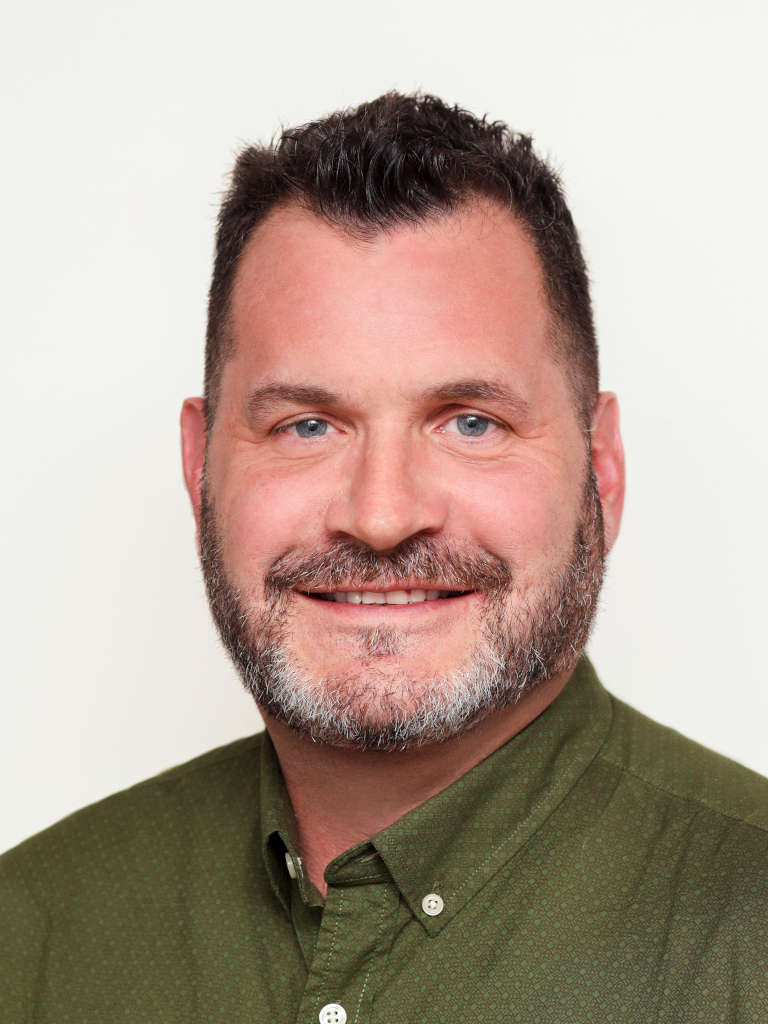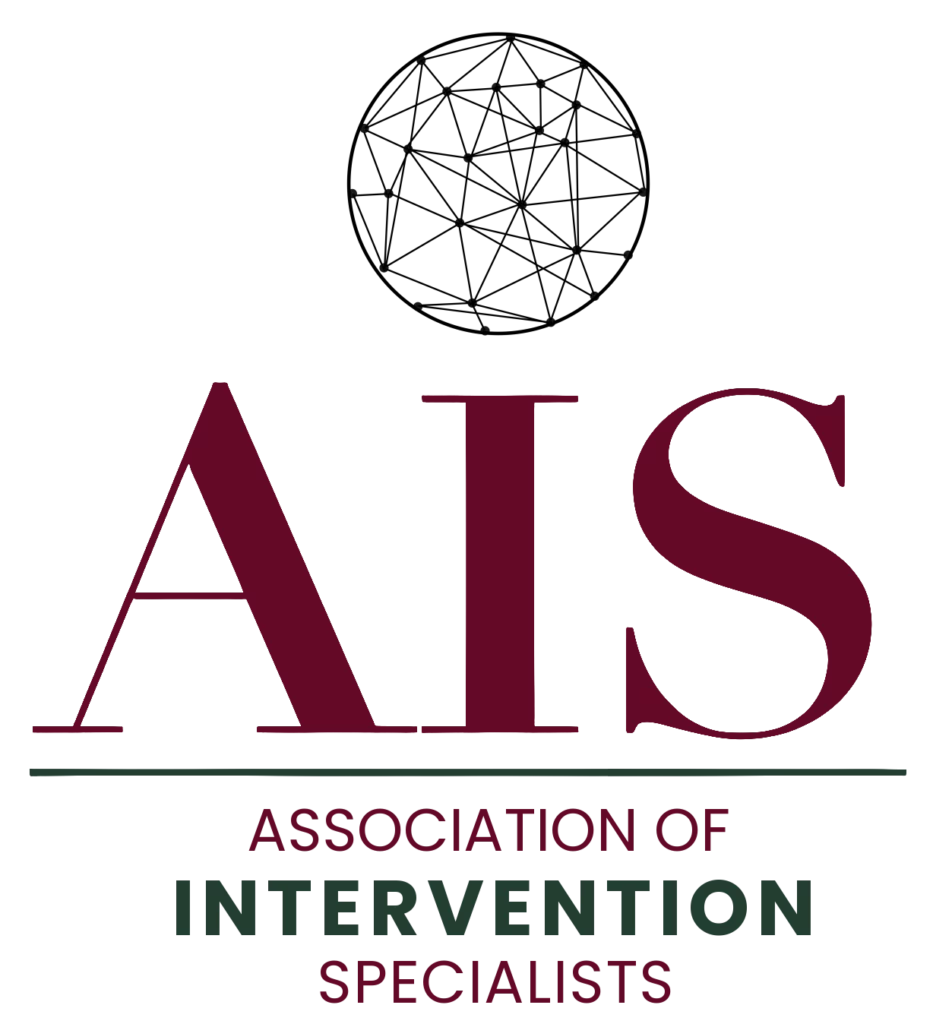
Entelechy Recovery Group
Office: 646-350-0064
Introduction:
John Roesch is a dedicated and compassionate Certified Intervention Specialist and Addiction Counselor known for his unwavering commitment to helping families and individuals in addiction and mental health crises. With over a decade of industry experience and a diverse skill set, John has emerged as a prominent figure in the field, profoundly impacting hundreds of families he has helped navigate to appropriate and affordable treatment.
Professional Background:
As the CSO and co-founder of Suntra Modern Recovery, John Roesch has honed his expertise in addiction and mental health disorders through rigorous training in multiple modalities, including ARISE and Breakfree. With a foundation built on a Bachelor of Science degree in Addiction Counseling and an ongoing pursuit of a Master’s in Family Therapy, John strives for excellence in his field.
John’s remarkable 20+ year career as a professional chef, sommelier, and beverage professional, during which he worked at the renowned Windows on the World restaurant and represented prestigious beverage brands globally, informed his journey to becoming an intervention specialist. This unique background gives him a deep understanding of the complexity of human experiences and a rich set of skills to draw upon in his intervention work.
Areas of specialization:
John’s areas of specialization encompass alcohol and chemical dependency, behavioral addiction, systemic family therapy and relationship counseling, and supporting clients facing psychiatric disorder crises. His multifaceted expertise enables him to create tailored recovery plans for each client’s unique needs and circumstances.
Philosophy:
John Roesch is a tireless advocate for individuals facing addiction and mental health challenges. His philosophy centers on matching clients with the most appropriate treatment plan, emphasizing client and family education, and providing crucial post-discharge support and resources. He believes that healing extends beyond individual transformation and involves empowering families to break unhealthy cycles and foster healthy boundaries.
Certifications and credentials:
- Certified Addiction Counselor (CASAC)
- Certified Intervention Professional (CIP)
- Certified Recovery Coach and Peer Advocate (CRC and CPA)
- BS in Addiction Counseling
- Pursuing MFT in Couples and Family Counseling
Personal Touch:
Outside of his professional endeavors, John Roesch is a very active local recovery community member. John finds peace and joy in spending quality time with his wife, four children, and two beloved dogs. He is a dedicated explorer of culinary delights and enjoys immersing himself in leisure activities in his cherished Queens neighborhood.
Empathy, knowledge, and unwavering support characterize John Roesch’s dedication to guiding people and families toward recovery and well-being. His profound impact in the field makes him a valuable asset to the Association of Intervention Specialists and a beacon of hope for families and individuals seeking transformation.

